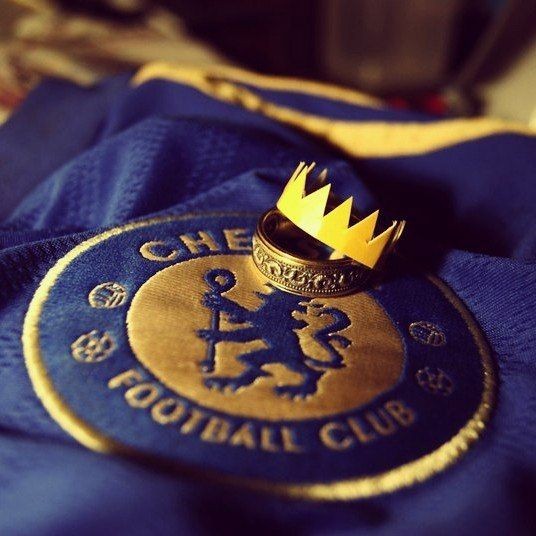Russian oligarch, Roman Abramovich has had his assets frozen by the government of the United Kingdom which affected the operations of Chelsea Football Club.
Chelsea Football Club is a London-based sporting entity owned by the Russian.
These sanctions are in line with the world’s commitment to helping end the Russian invasion of Ukraine.
In the early hours of Thursday, March 10, 2022, they stated that the move to freeze Abramovich’s assets was due to his close relationship with Russian President, Vladmir Putin.
Roman Abramovich will have his assets frozen under the move, and will also face a prohibition on transactions with UK individuals and businesses and a travel ban forbidding him to enter the UK.
Last week, Mr Abramovich announced that he intends to sell Chelsea after almost 20 years of ownership, and pledged net proceeds from the sale would be donated to “all victims of the war in Ukraine”.
In a statement, he said the decision was “in the best interest of the club” amid Russia’s invasion of Ukraine.
The sanctions will come into force before the sale of the football club, which was previously estimated to be worth around £3bn, is able to take place.
These will have severe and dire effects on the administration of Chelsea Football Club, one of which means the club will not be able to buy or sell players in the foreseeable future.
The sanction has also resulted in the suspension of the partnership between Chelsea and Three, the club’s official sponsor.
Below are six things that the club can and cannot do after Abramovich’s sanctions:
- Ticket sales to home and away fans are prohibited
- Season tickets are, however, still valid
- Club not allowed to sell merchandise
- Club is allowed to pay pensions, allowances, taxes and insurance of employees
- Club not allowed to make any transfers
- Club not allowed to renew any contracts
